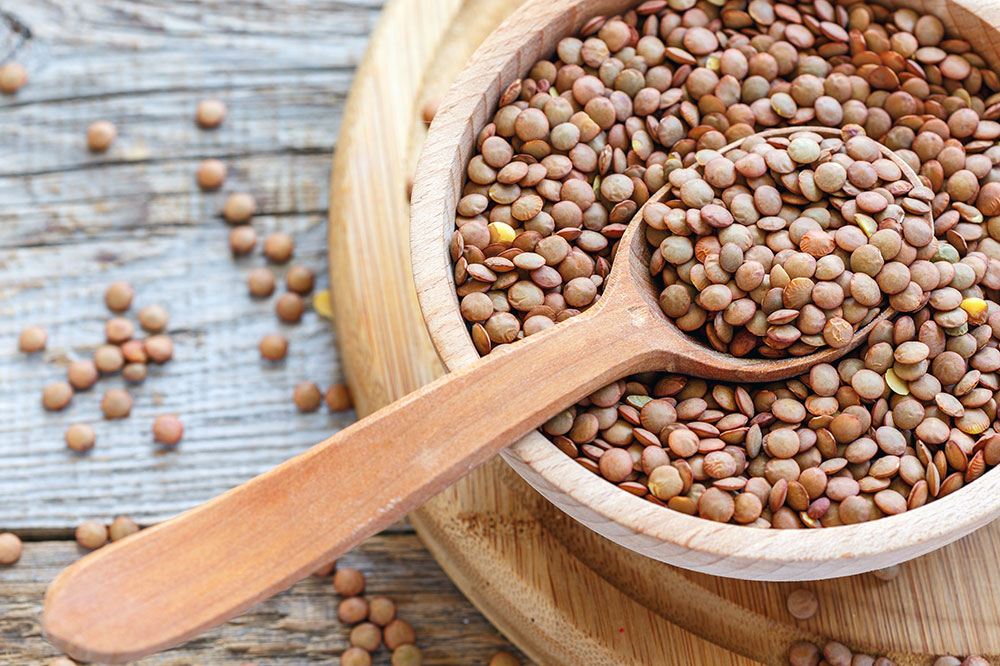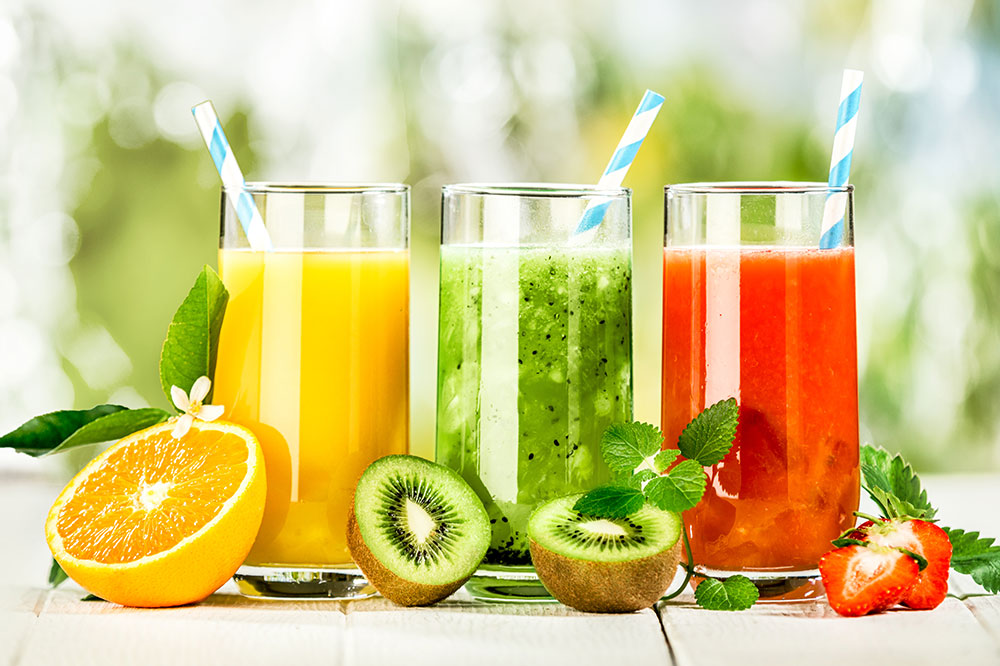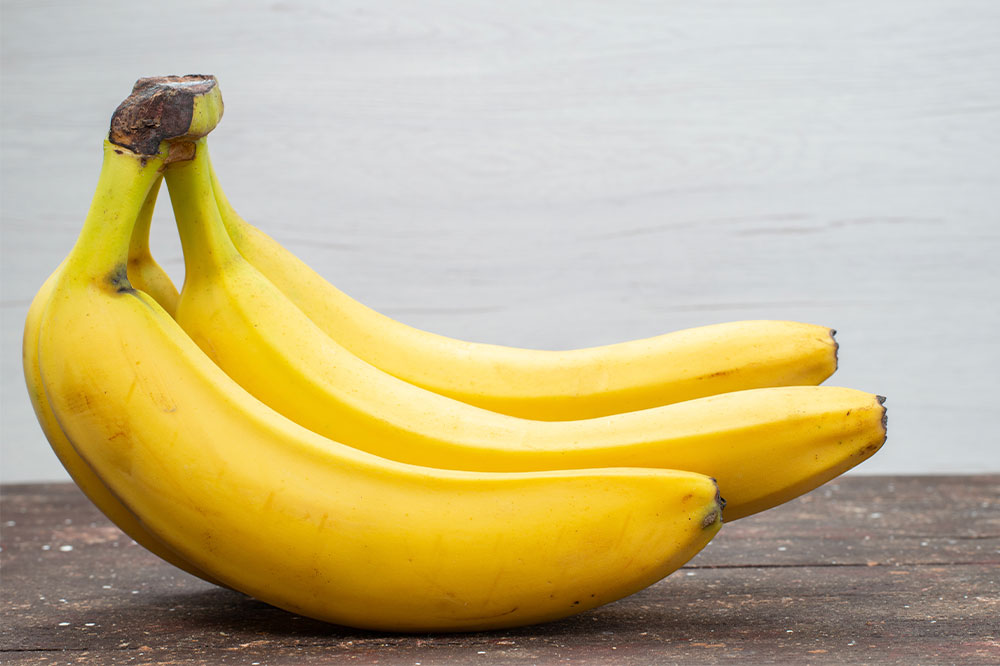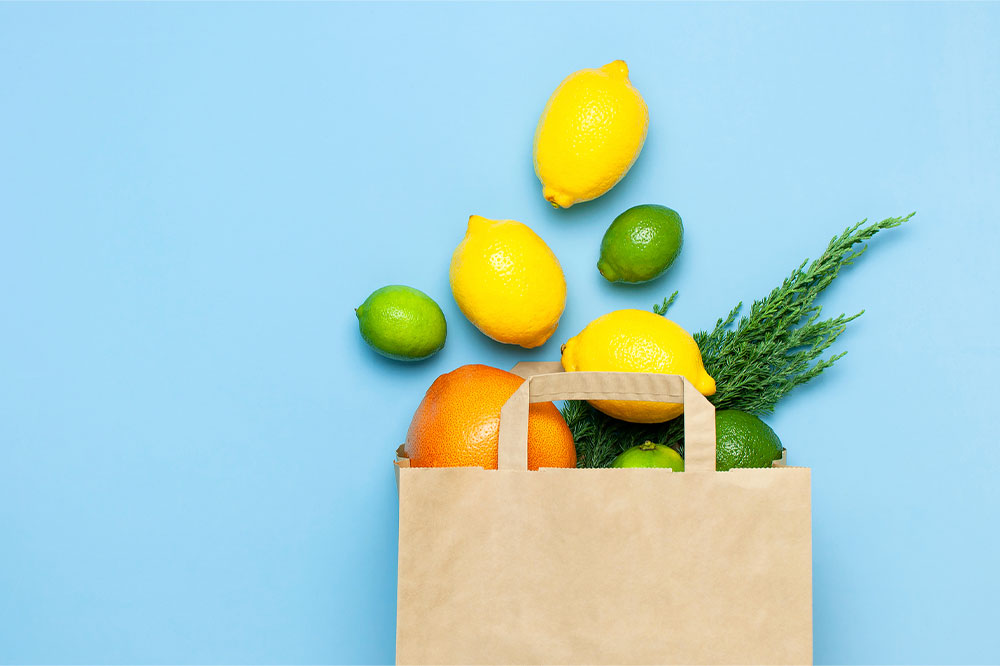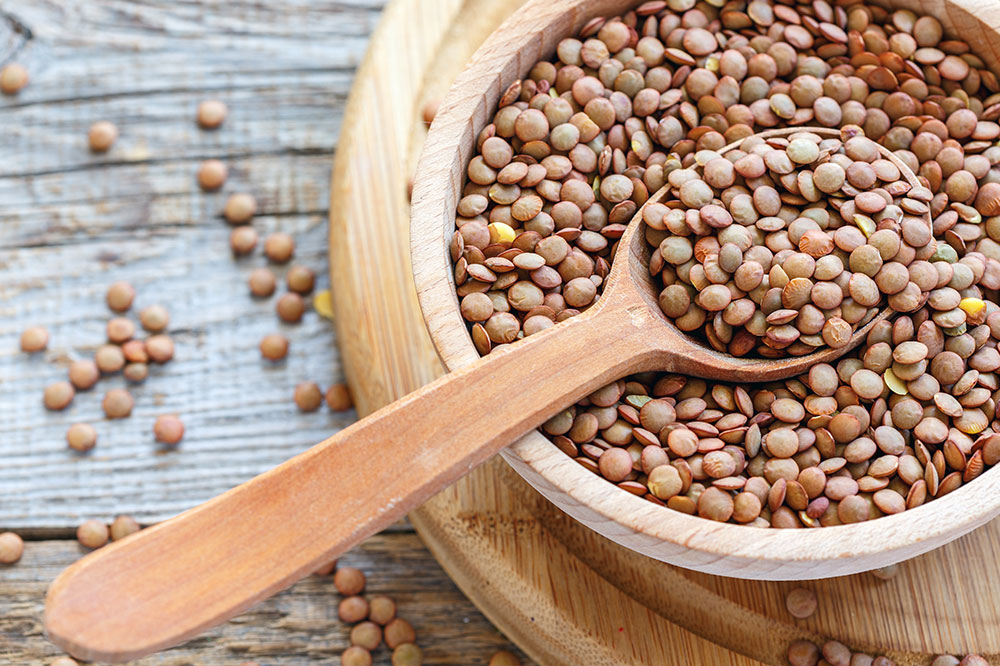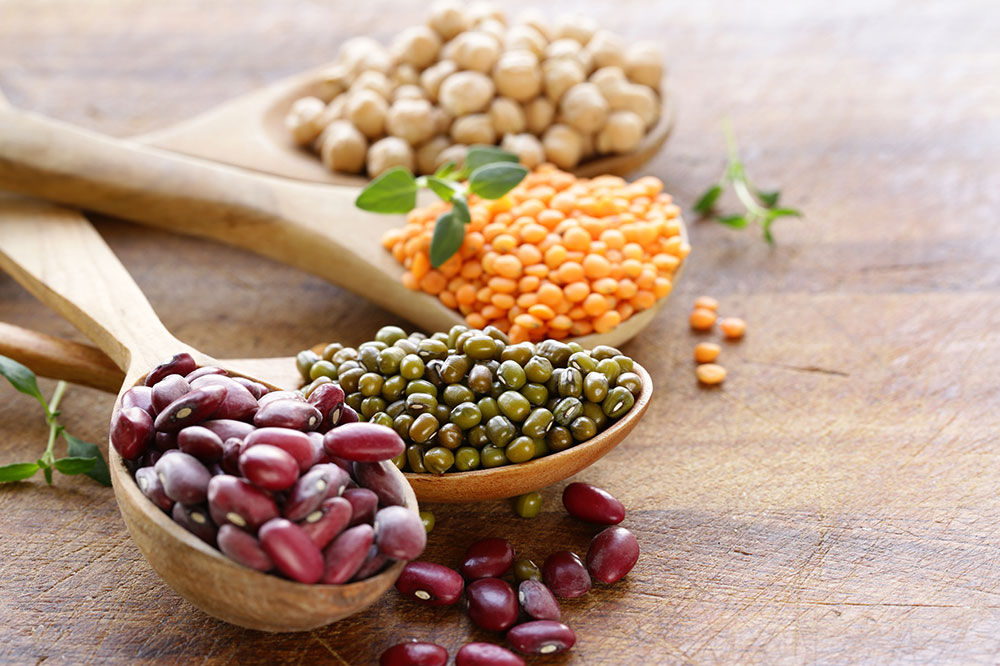Diet Tips for Better Bladder Control and Managing Urinary Incontinence
This article offers practical dietary advice for improving bladder control and managing urinary incontinence. It highlights foods to include, like whole grains, lean proteins, fruits, and vegetables, and foods to avoid, such as citrus, spicy foods, and carbonated drinks. Additionally, it discusses medications that can help manage symptoms effectively, emphasizing the importance of consulting healthcare professionals. The guidance aims to support individuals in adopting a bladder-friendly diet to reduce discomfort and improve quality of life.
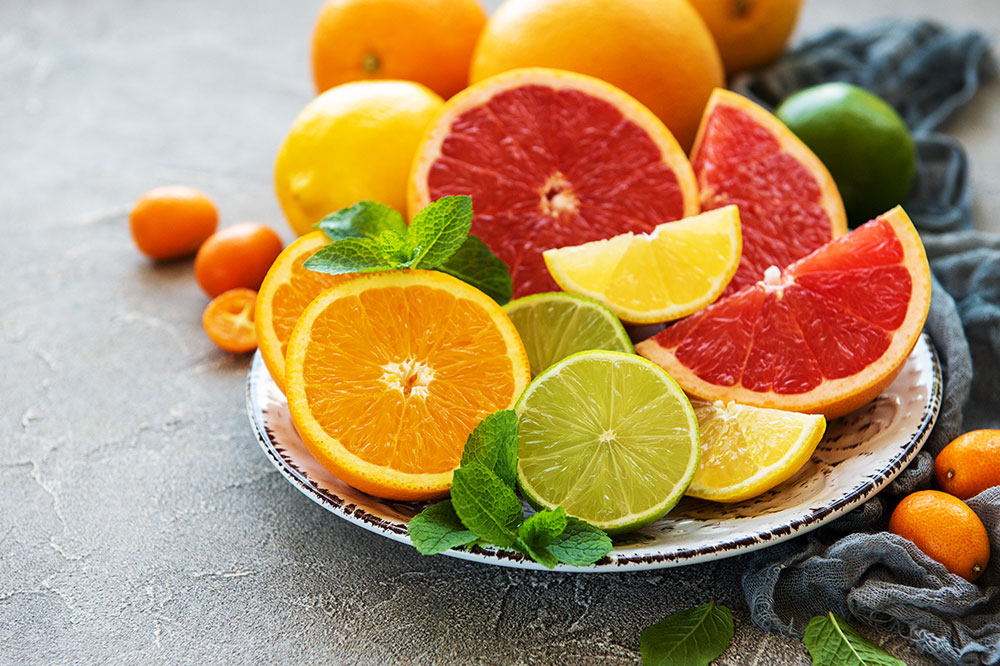
Diet Strategies to Enhance Bladder Health and Manage Urinary Issues
Individuals dealing with urinary incontinence or an overactive bladder often face sudden urges and frequent trips to the bathroom. In severe cases, leakage can occur, disrupting daily routines. Adjusting your diet by including certain foods and avoiding others can help alleviate these symptoms. Below are key dietary recommendations to support bladder health and reduce discomfort.
Foods to Include:
Whole Grains
Incorporating whole grains such as quinoa, oats, and brown rice provides fiber that aids in controlling bladder overactivity. These foods support digestive health and can help lessen symptoms related to bladder issues.
Individuals experiencing both constipation and bladder problems should focus on increasing fiber intake for better symptom management.
Lean Proteins
Consuming lean proteins like chicken, turkey, fish, eggs, and low-fat meats can strengthen bladder muscles and improve control. Plant-based options such as beans, soy, and oats are also excellent sources of protein and fiber, supporting bladder health.
Fruits and Vegetables
Vibrant fruits and vegetables rich in vitamins, minerals, and antioxidants help repair and protect the body from external insults. Incorporate apples, bananas, pears, broccoli, spinach, and kale into your diet to boost overall health and support bladder function. Their high fiber content further benefits bladder health.Foods to Limit or Avoid:
Citrus Fruits
Though nutritious, acidic fruits like oranges, lemons, and mandarins may irritate the bladder lining, potentially worsening incontinence. Safer alternatives include bananas, avocados, and apples.Carbonated Beverages
Carbonated drinks often contain high sugar levels and additives that can irritate the digestive tract and lead to dehydration. The caffeine in such drinks may result in concentrated urine, increasing the risk of inflammation and bladder issues.Spicy Foods
Peppers and spicy dishes contain capsaicin, which can irritate the bladder wall. Limiting spicy ingredients can help reduce bladder discomfort.Alongside dietary adjustments, medications may be prescribed to manage bladder conditions effectively.
MYRBETRIQ
This medication is commonly used to treat overactive bladder symptoms such as urgency, frequency, and leakage. It is typically taken once daily in tablet form.Tolterodine
This FDA-approved drug helps in controlling symptoms like sudden urges, leakage, and frequent urination by relaxing bladder muscles.Trospium
Trospium works by relaxing bladder muscles to prevent urgent and uncontrollable urination episodes.Note:
The information provided about symptoms, treatments, and health conditions is for educational purposes only. It should not replace professional medical advice. Always consult qualified healthcare providers before making any health-related decisions or using suggested treatments.

